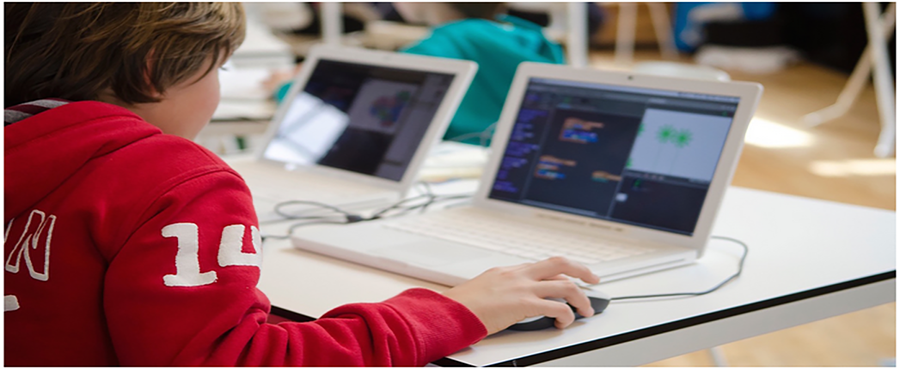Posted on September 9, 2015
Posted by Jan Snyder and Jennifer Maurer
Part II
As we wrote in Part I of this series, we feel privileged to have a very rich collection of Gale databases and eBooks at our fingertips to use with students and staff, at zero cost to us, through the Oregon State Library’s Statewide Database Licensing Program. Statewide access provides consistency for students as they move from elementary to middle school and then high school.
But the real value and power of these resources are unleashed when librarians and educators collaborate and communicate. In the second part of this blog series, we’ll discuss – from our own perspectives – communication.
(If you missed it, be sure to also read Part I — Driving Electronic Content Discovery and Usage: Collaboration.)
Jennifer
Electronic Mailing List:
While presenting about Gale databases to various audiences falls under the heading of training, it is also a form of communication. However, I also have a direct channel of communication about OSLIS and its resources, including the statewide databases. The State Library created an electronic mailing list called OSLIST. As I learn about new school library staff in Oregon, I automatically subscribe them. Through OSLIST, I share ideas for how to use the databases as well as communicate about new Gale products and features.
Read moreDriving Electronic Content Discovery and Usage: Communication – Part 2


